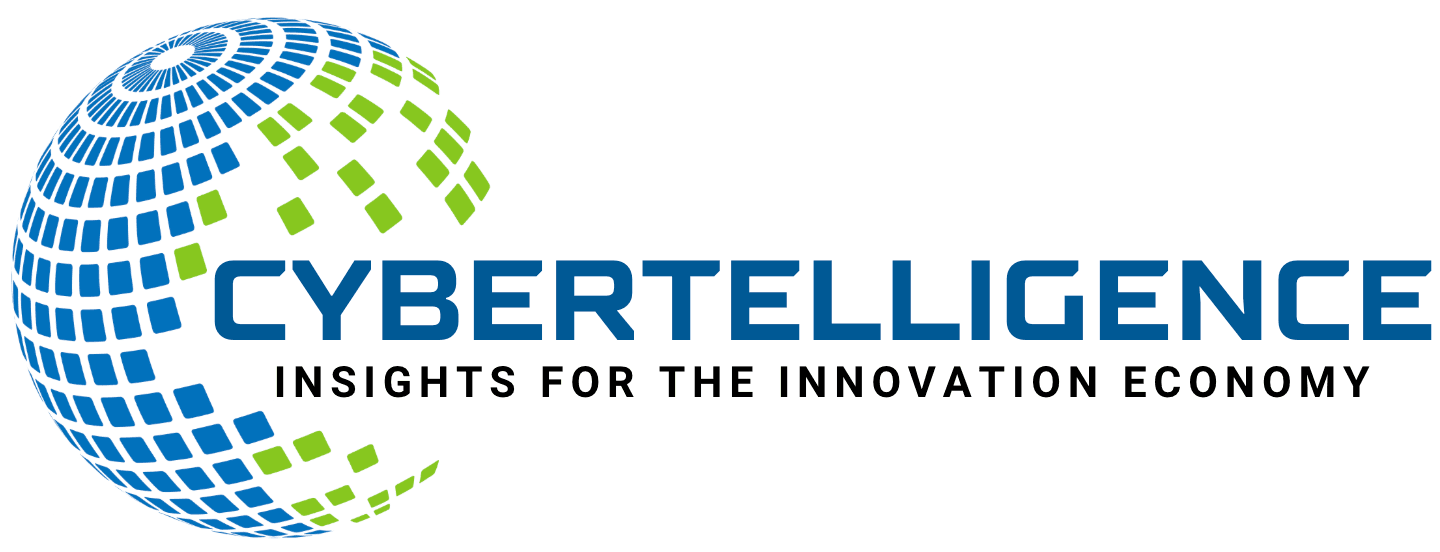Smart contracts are self-executing contracts with the terms of the agreement between buyer and seller directly written into code. They are powered by blockchain technology, which ensures that the terms of the contract are automatically enforced without the need for intermediaries. Smart contracts have gained popularity in recent years due to their ability to streamline and automate various processes, including marketing offers. By leveraging smart contracts, businesses can ensure transparency, security, and efficiency in their marketing offers, ultimately leading to improved customer trust and satisfaction.
Benefits of Using Smart Contracts for Marketing Offers
One of the key benefits of using smart contracts for marketing offers is the elimination of intermediaries. Traditional marketing offers often involve multiple parties, such as advertising agencies, publishers, and payment processors, which can lead to delays, disputes, and added costs. Smart contracts remove the need for intermediaries by automating the execution of the offer based on predefined conditions. This not only reduces the risk of fraud and errors but also lowers operational costs and speeds up the entire process.
Another benefit of smart contracts for marketing offers is the increased security and transparency they provide. Since smart contracts are built on blockchain technology, all transactions and terms of the contract are recorded on a decentralized and immutable ledger. This ensures that all parties involved have access to the same information, reducing the risk of disputes and misunderstandings. Additionally, the use of cryptography in smart contracts makes them highly secure, protecting sensitive data and preventing unauthorized access.
How Smart Contracts Ensure Transparency and Trust in Marketing Offers
Smart contracts play a crucial role in ensuring transparency and trust in marketing offers. By automating the execution of the offer based on predefined conditions, smart contracts eliminate the need for manual intervention, reducing the risk of human error or manipulation. This transparency not only benefits businesses but also builds trust with customers, who can be confident that the terms of the offer will be upheld without any hidden fees or changes.
Furthermore, smart contracts provide a high level of security through their use of blockchain technology. The decentralized and immutable nature of blockchain ensures that all transactions and terms of the contract are recorded and cannot be altered or tampered with. This level of security not only protects sensitive data but also instills confidence in customers, who can trust that their personal information and transactions are safe from unauthorized access or fraud.
Implementing Smart Contracts for Marketing Offers: Best Practices
When implementing smart contracts for marketing offers, businesses should follow best practices to ensure a smooth and successful integration. Firstly, it is important to clearly define the terms and conditions of the offer and encode them into the smart contract code. This includes specifying the criteria for triggering the offer, such as a customer’s purchase or engagement with a specific marketing campaign.
Additionally, businesses should conduct thorough testing and auditing of the smart contract code to identify and address any potential vulnerabilities or bugs. This will help ensure that the smart contract operates as intended and that all parties involved can trust in its reliability and security. Furthermore, businesses should provide clear and accessible information about the smart contract to customers, including how it works, what data is collected, and how their privacy is protected.
Potential Challenges and Limitations of Using Smart Contracts for Marketing Offers
While smart contracts offer numerous benefits for marketing offers, there are also potential challenges and limitations to consider. One challenge is the complexity of smart contract development and implementation. Building a smart contract requires expertise in coding and blockchain technology, which may be a barrier for businesses without the necessary resources or knowledge.
Another limitation is the potential for legal and regulatory issues. Since smart contracts operate on a decentralized network, they may not always align with existing legal frameworks or industry regulations. Businesses must navigate these complexities to ensure compliance with relevant laws and standards when using smart contracts for marketing offers.
Case Studies: Successful Implementation of Smart Contracts for Marketing Offers
Several businesses have successfully implemented smart contracts for their marketing offers, showcasing the potential impact of this technology. For example, a leading e-commerce company used smart contracts to automate its loyalty program, rewarding customers with tokens for their purchases. This not only streamlined the process of issuing rewards but also increased customer engagement and loyalty.
In another case, a global advertising agency leveraged smart contracts to automate its payment process for publishers. By using smart contracts to automatically release payments based on predefined conditions, the agency reduced payment delays and disputes while improving trust with its network of publishers.
The Future of Smart Contracts in Marketing Offers
The future of smart contracts in marketing offers looks promising, with continued advancements in blockchain technology and increased adoption by businesses. As blockchain technology matures and becomes more accessible, we can expect to see even greater innovation in how smart contracts are used for marketing offers.
Furthermore, as businesses continue to prioritize transparency, security, and efficiency in their marketing efforts, smart contracts will play an increasingly important role in meeting these demands. With ongoing developments in smart contract standards and tools, businesses will have more opportunities to leverage this technology to create compelling and trustworthy marketing offers.
In conclusion, smart contracts offer numerous benefits for marketing offers, including increased transparency, security, and efficiency. By following best practices and addressing potential challenges, businesses can successfully implement smart contracts to improve their marketing efforts and build trust with customers. As blockchain technology continues to evolve, we can expect to see even greater innovation in how smart contracts are used for marketing offers, shaping the future of customer engagement and loyalty.




